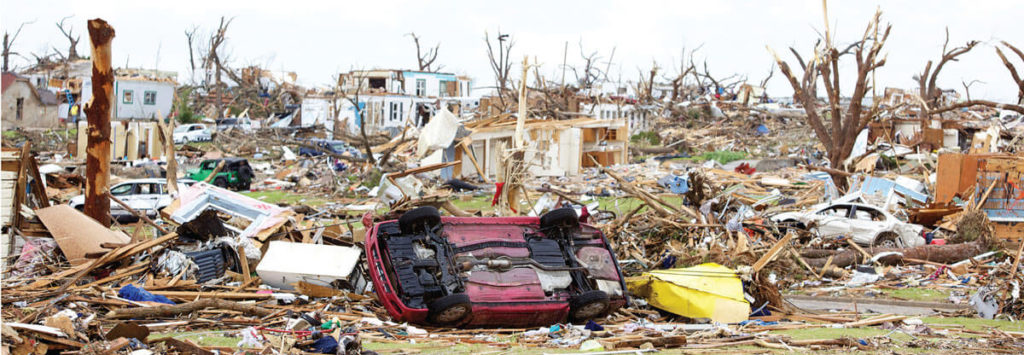by Joan Mitchell, CSJ

Communication brings constant threat into our living rooms. Weather extremes make climate change very believable. We plant earlier in spring and sweat more in hotter summers. Rains come in downpours that flood rivers and homes. The lava flows in Hawaii make beautiful film footage as long as one’s house isn’t in the way. We remember the hurricanes by name.
Sunday’s gospel refers to natural disasters as trials that we suffer, not signs the world is about to end. Mark’s gospel refers to wars, earthquakes, and famines as “birth pangs,” the labor of learning to love one another and create a community of peace on earth (13.8).
Like us the people for whom Mark wrote the first gospel knew threat and loss. Jewish freedom fighters revolted against the Roman Empire in A.D. 66. Near the end of the four-year war, the Roman Tenth Legion lay siege to Jerusalem. The soldiers surrounded the city for months to starve the citizens into surrender. When the Romans finally attacked, they destroyed the temple completely, leaving not a stone upon a stone.
In destroying the temple, the Romans ended the ancient Jewish religion, its traditions of animal sacrifice. The synagogue took its place. Today only the temple’s Western Wall survives, the holiest of sites for Jews, where they daily gather to pray.
Some scholars think Mark wrote the first gospel for Christians who fled Jerusalem when war broke out. Others think Mark wrote for the Christian community in Rome, whom the emperor Nero blamed for the fire that burned half the city in A.D. 65. In either case, Mark 13, from which we read Sunday’s gospel, assumes an audience that needs courage to face devastation and persecution.
- What worries you most these days?
